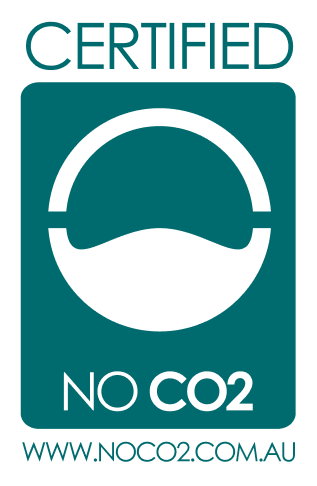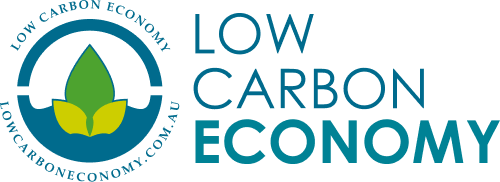Tribe Studio Architects is a Sydney-based practice that is seriously playful about architectural design. It’s our philosophy of serious playfulness that has helped us win over 30 awards at state, national and international level.
We are serious about the responsibility inherent in architectural design regardless of the size or type of project. We design work that generously contributes to both the individual and collective need. At the heart of delivering to the collective is our obligation to the planet: to design and act sustainably and to use our inventive mindset to pursue innovative responses to today’s challenges.
We pursue playfulness to unlock the potential of each project. We have developed an understanding through 20 years of experience that inventiveness and creative collaboration in the design process delivers the best results.
Ultimately, we value joy. We strive to create happiness and pleasure for clients, the community, habitats and environments in which our designs will exist, and for all the people we collaborate with along the way.
Environmental Action
Tribe Studio is a NoC02 business certified by the Carbon Reduction Institute (CRI) under the NoCO2 Program. To achieve this status and become carbon neutral Tribe Studio undertook the following process:
- Tribe Studio commissioned CRI to establish the baseline carbon footprint, through the determination of the GHG emissions that resulted from their operations over the 2022 financial year. CRI’s NoCO2 audit follows the standards outlined by the World Business Council for Sustainable Development’s Greenhouse Gas Protocol Corporate Accounting and Reporting Standard (1), in addition to the international standard ISO 14064.1 (2).
- Tribe Studio has committed to offset any unavoidable emissions through the purchase of units in approved projects under the Verified Carbon Standard (VCS) or Gold Standard, and
- Tribe Studio has committed to the ongoing reduction and annual auditing of emissions.
What Carbon Credit Projects does Tribe Studio purchase offsets from?
India Wind Project
Investments in clean energy sources, such as wind, are considered to be essential both in the interest of the environment and for public health reasons. Wind projects partially displace electricity currently generated from grid-connected conventional fossil fuel-based thermal power plants, while reducing emissions. Wind Projects reduce the emission of greenhouse gases and limit local air pollution, curtailing its negative health impacts. In addition to its environmental benefits, the implementation of the project creates job opportunities for local workers, contractors, and suppliers, while the operation and maintenance of the wind park generate long-term employment positions.
Developing Nations Cookstoves Project
The Cookstoves in Developing Nations project disseminates efficient wood and charcoal cookstoves to reduce dependency on traditional biomass fuels. Replacing traditional cookstoves with fuel efficient stoves in households and restaurants reduces greenhouse gas emissions, relieves pressure on local forests and assists in reducing the incidence of chronic respiratory disease, improving livelihoods in poor communities.
Cookstoves in Developing Nations sources Verified Carbon Standard and Gold Standard carbon credits from countries including Peru, Uganda, Cambodia and China.
Certifications
Certified NoCO2 Business
Carbon Neutral Service



Contact
Tribe Studio
247 Devonshire St, Surry Hills NSW 2010





